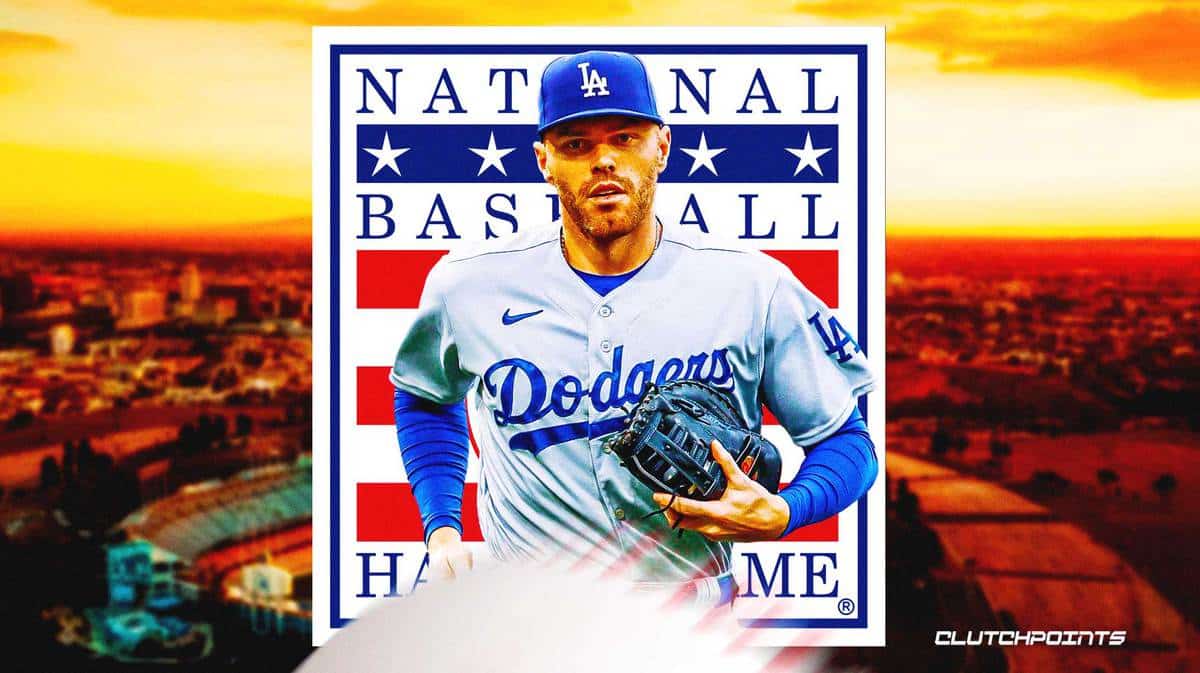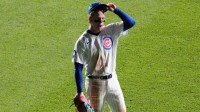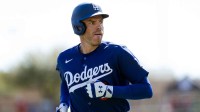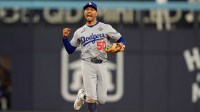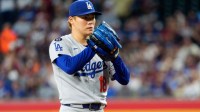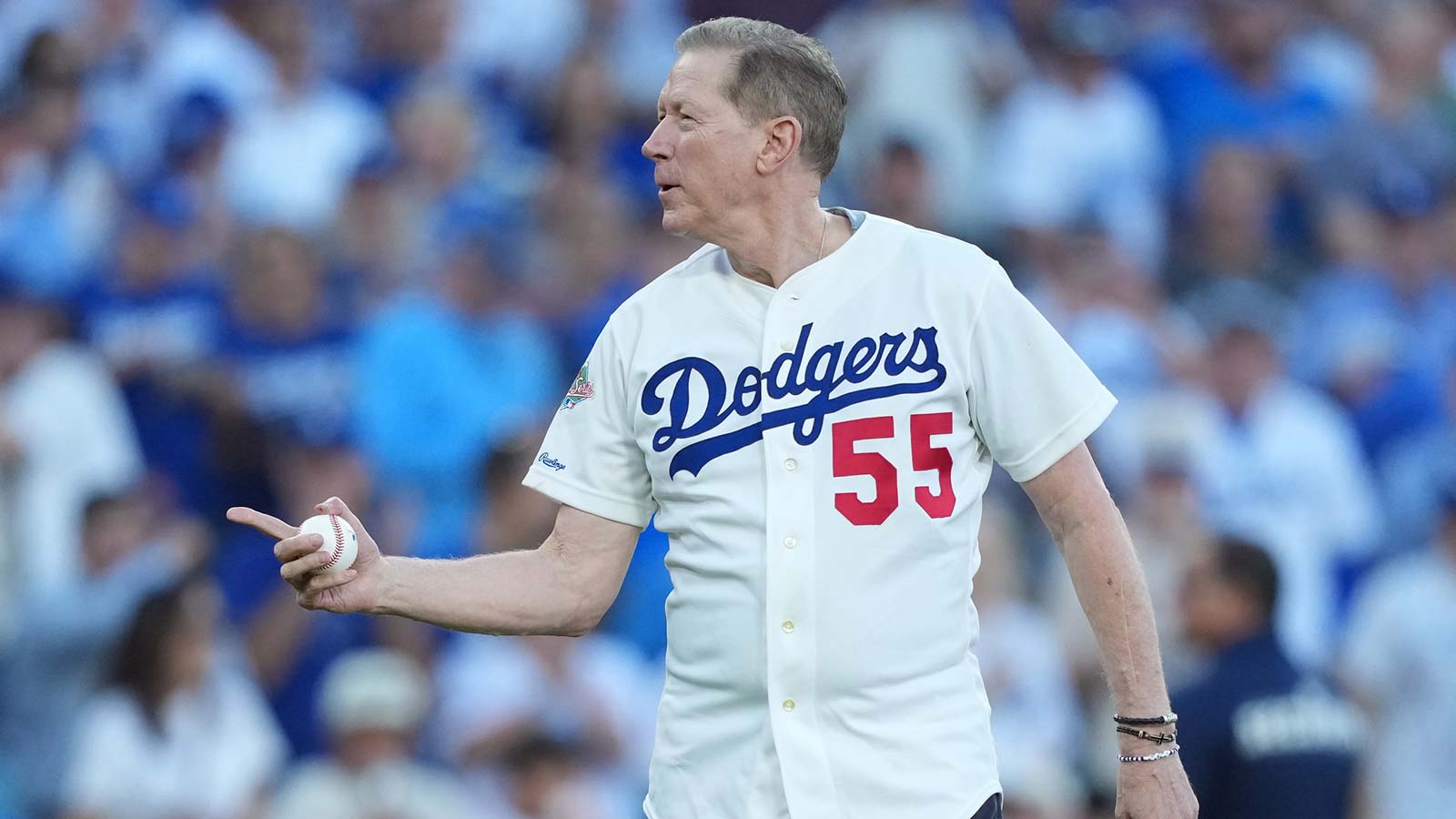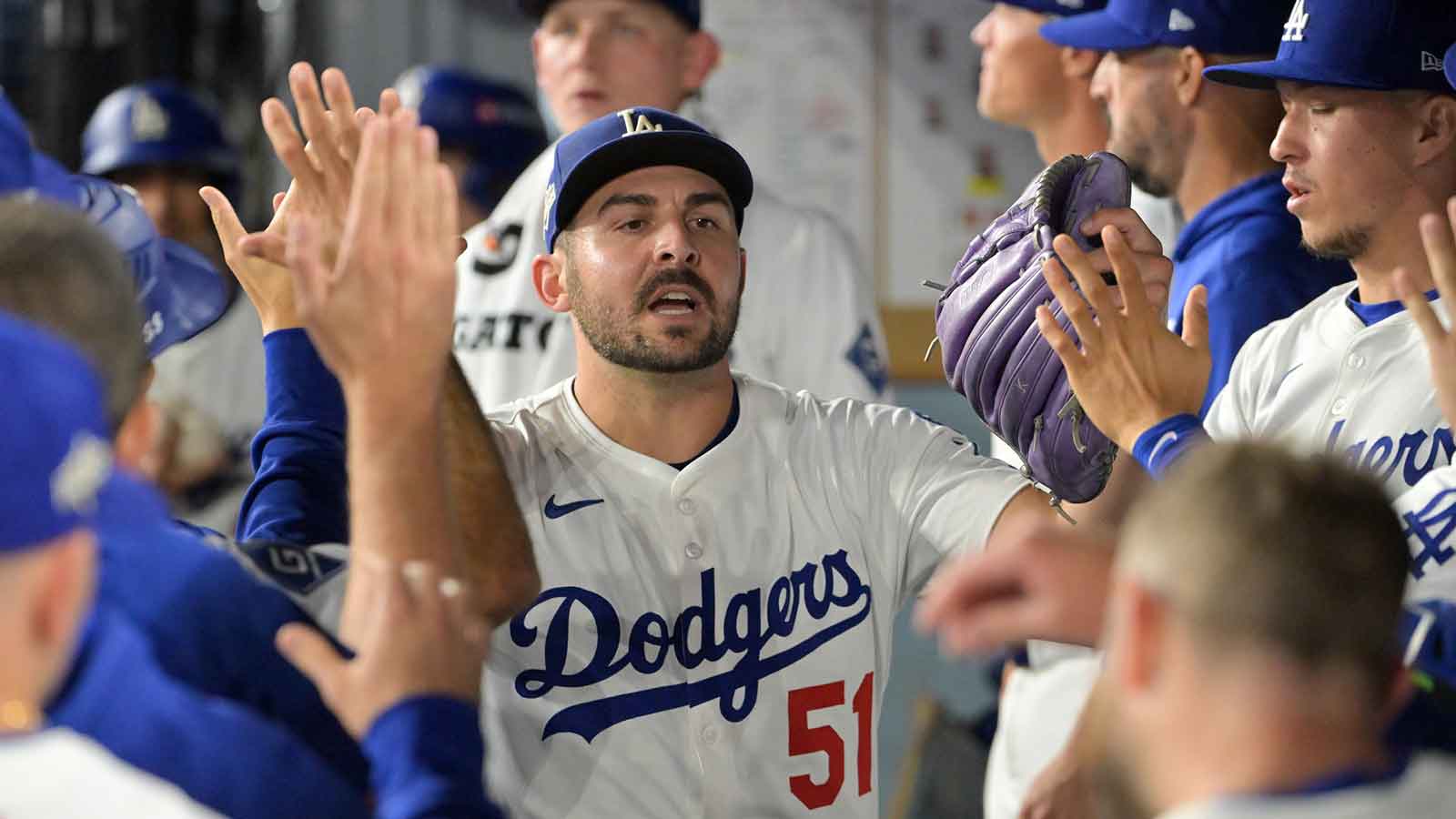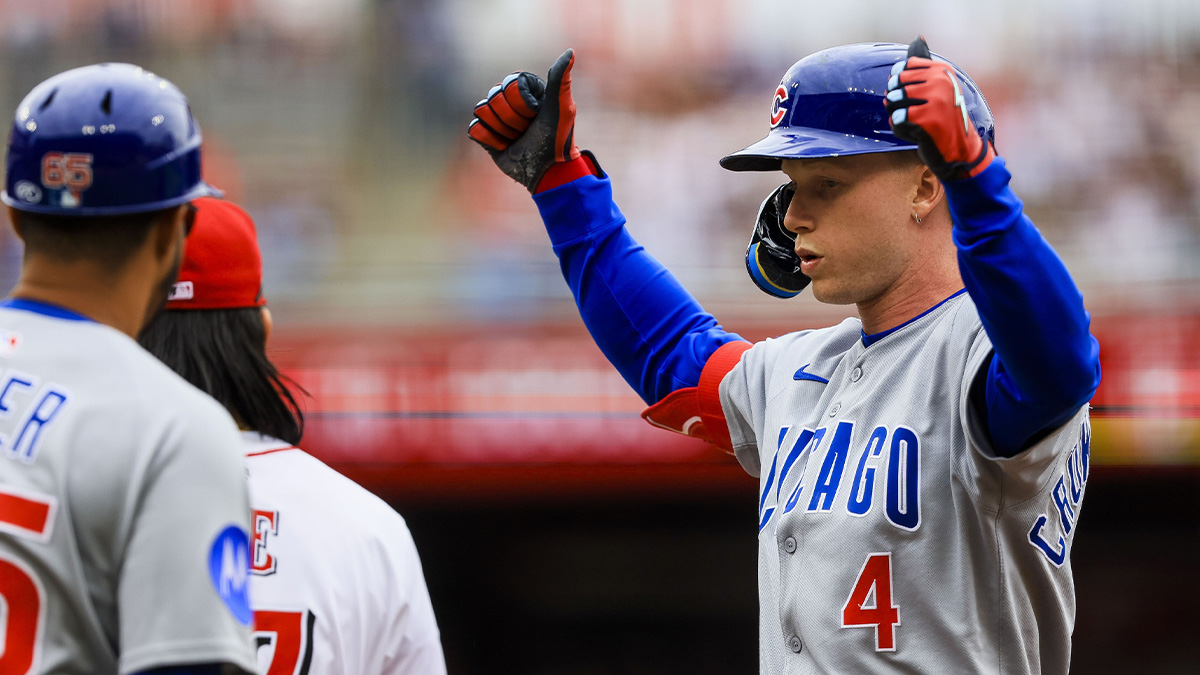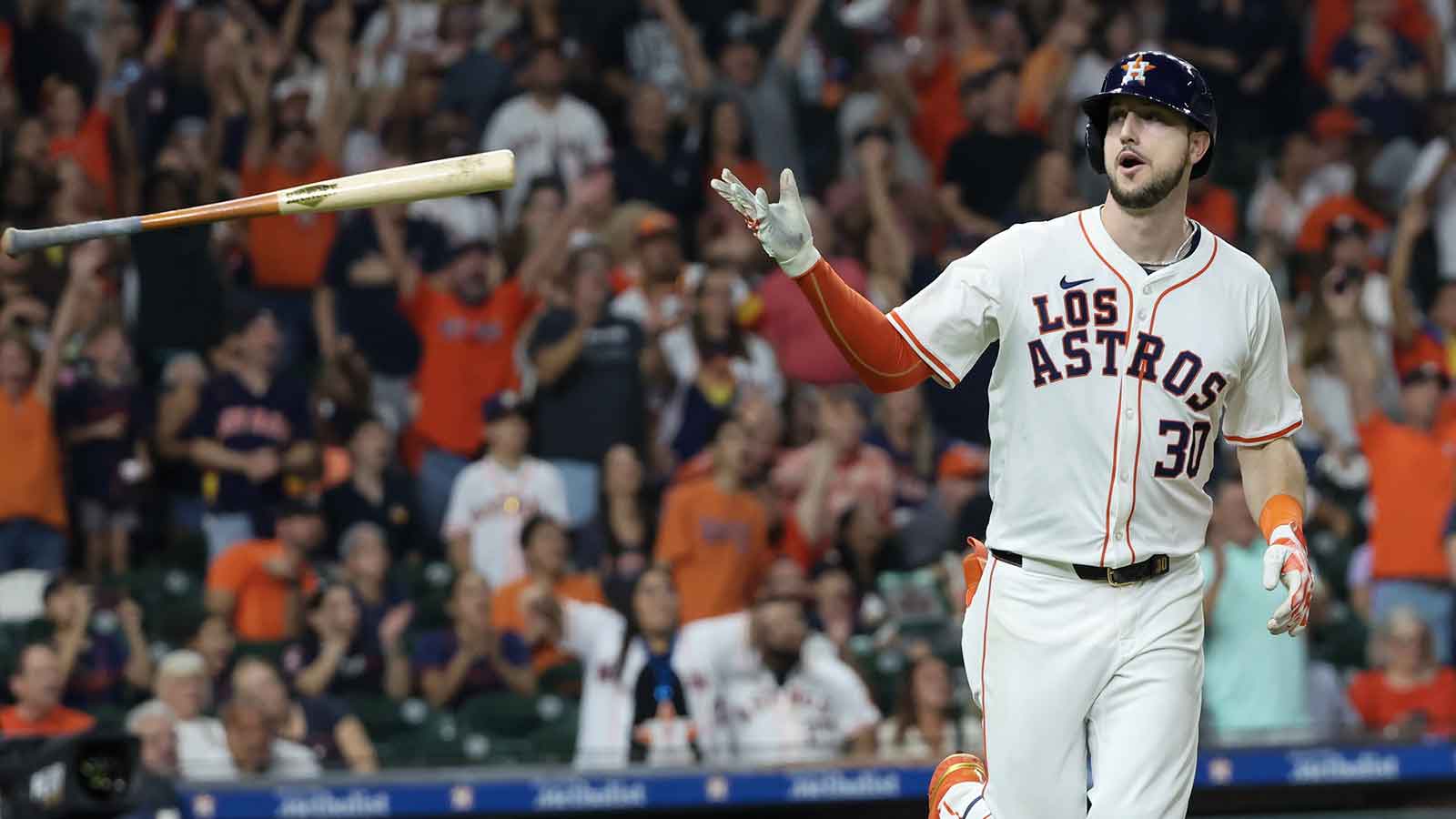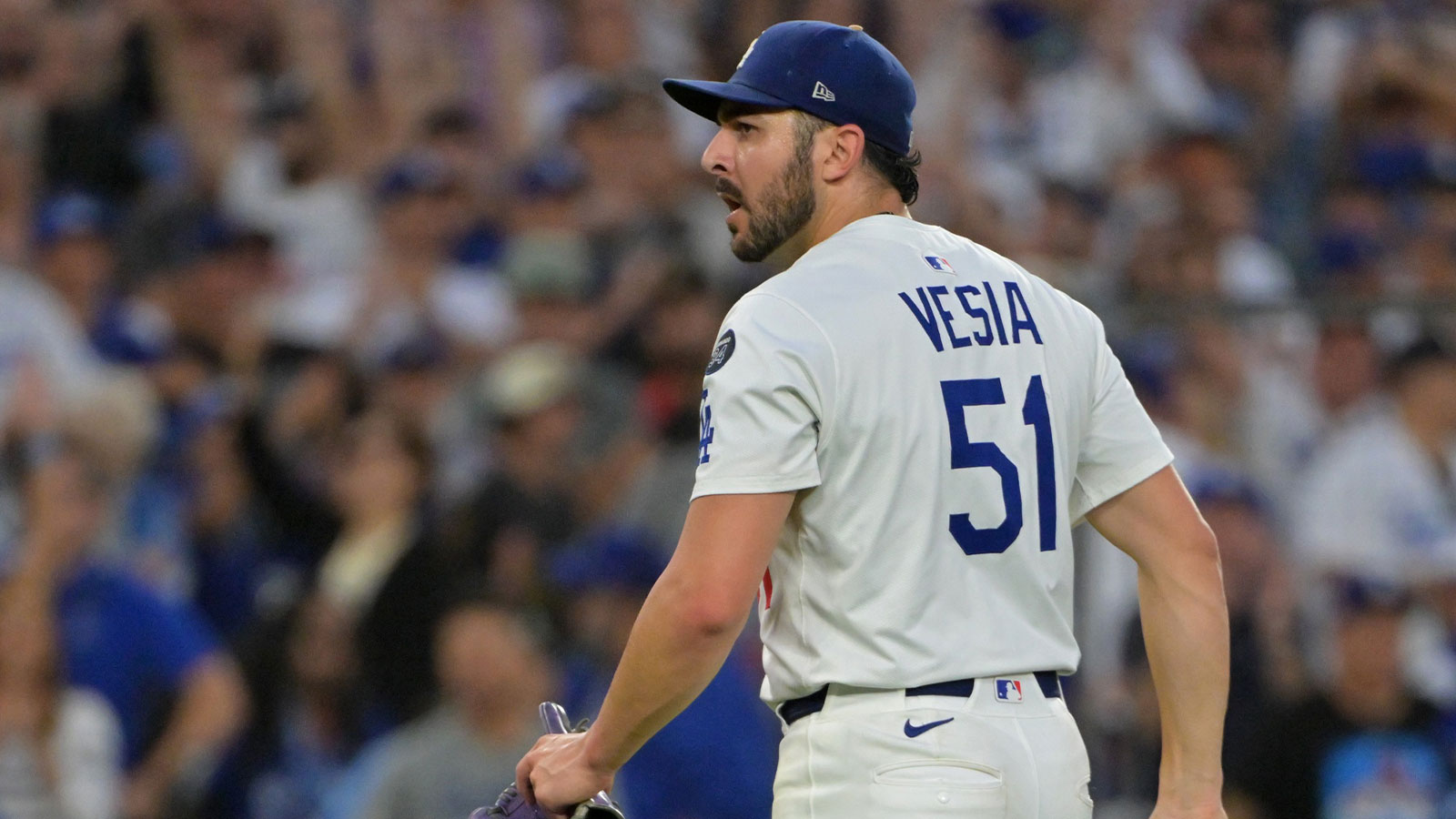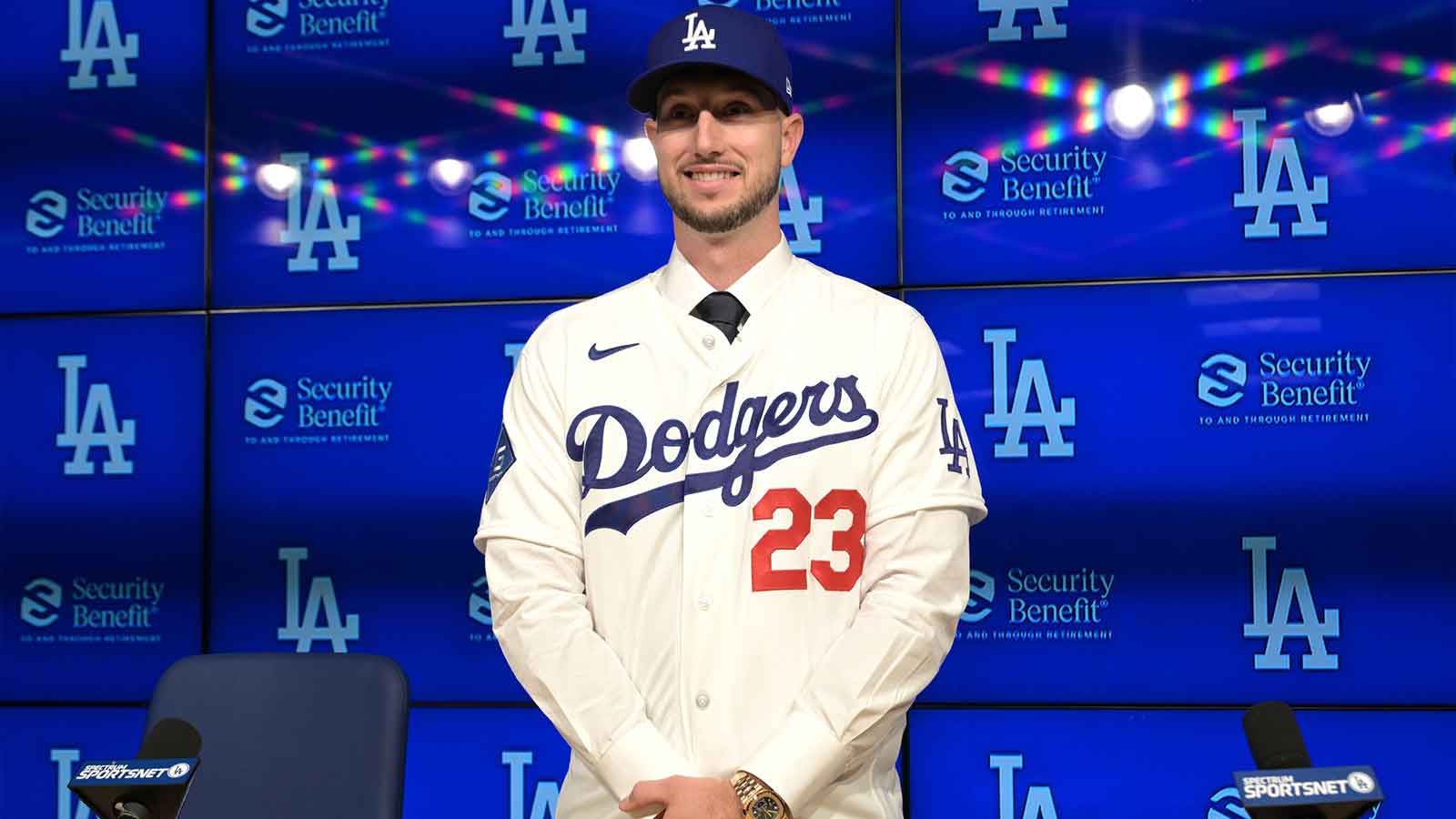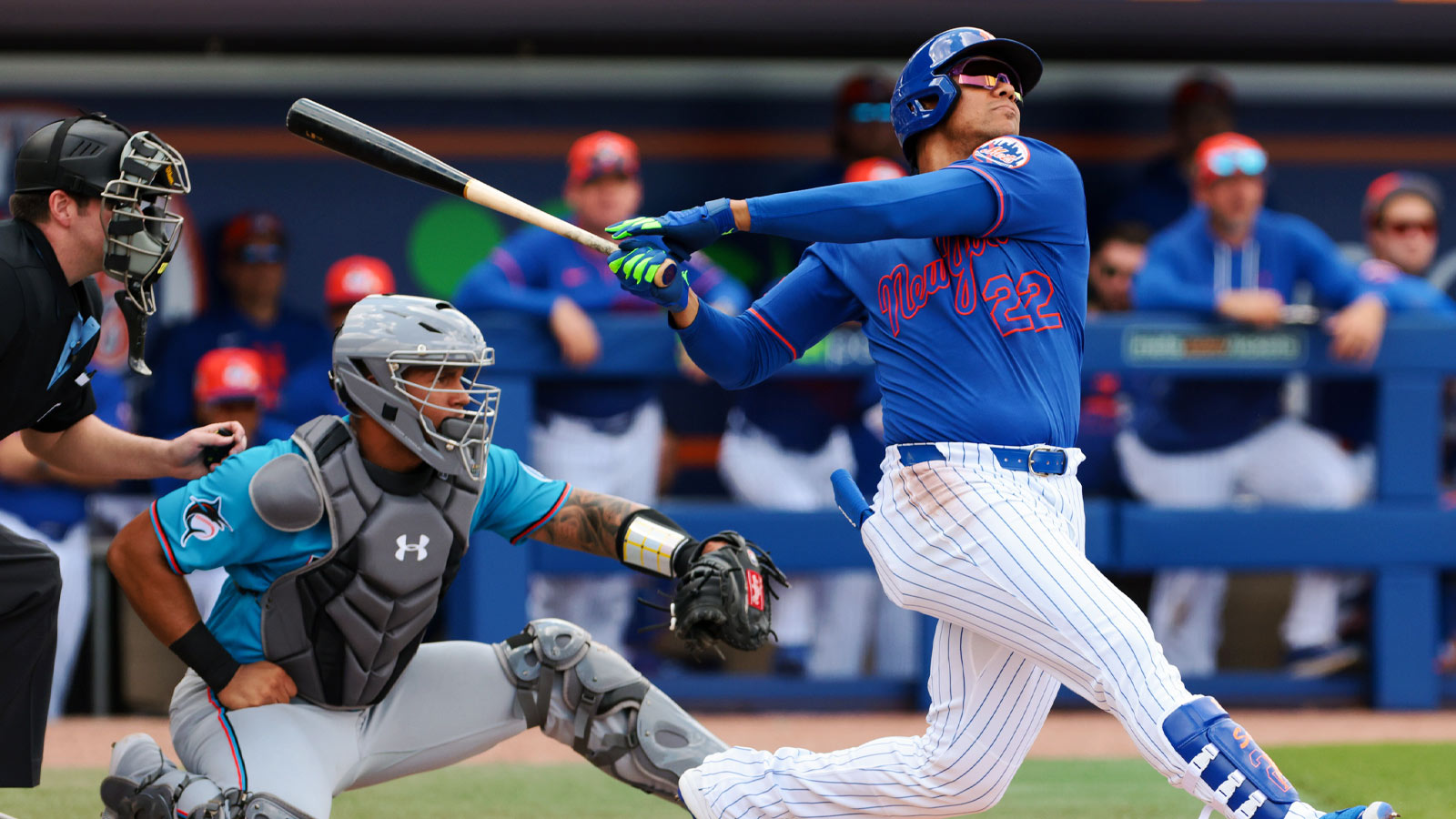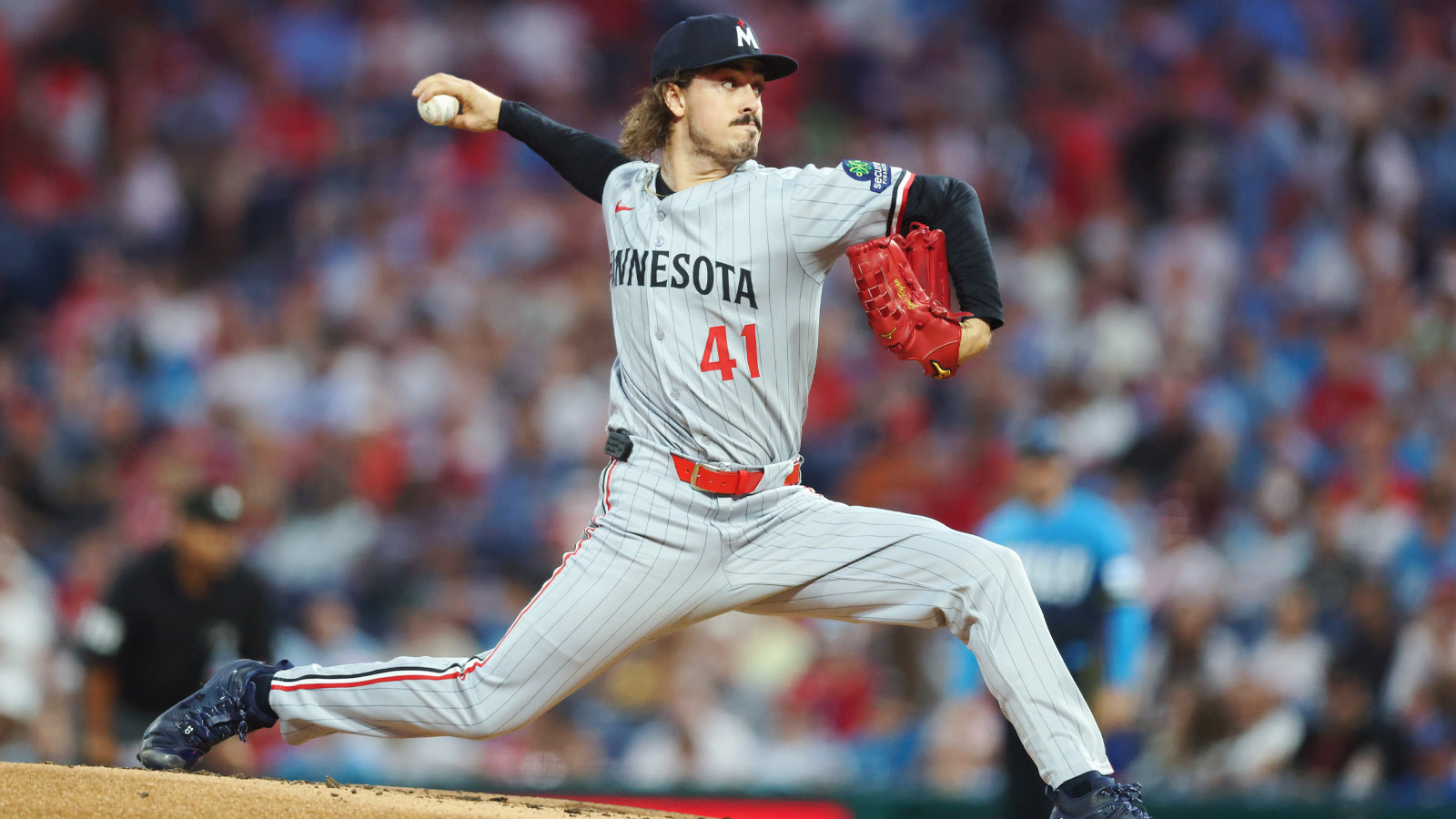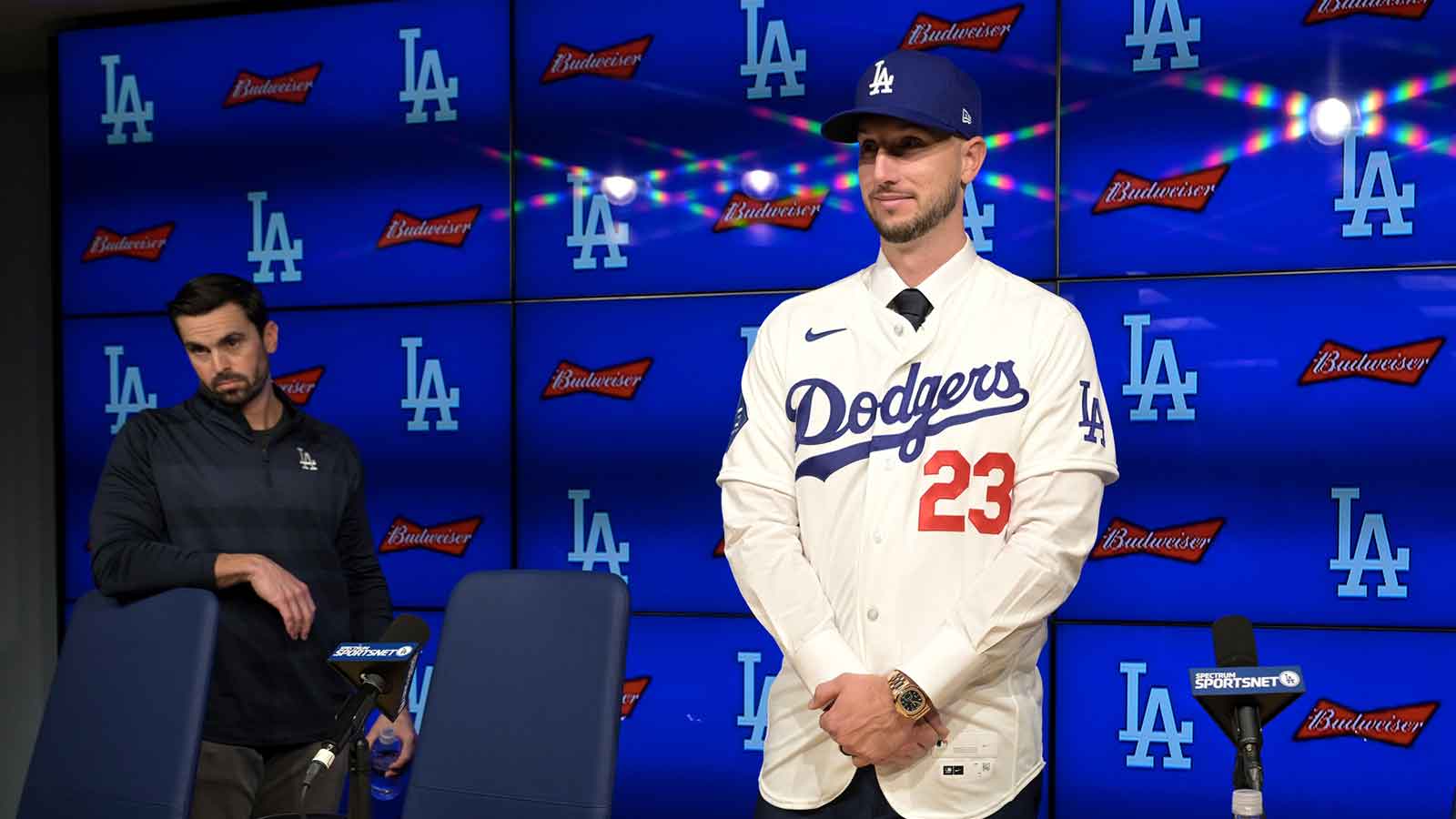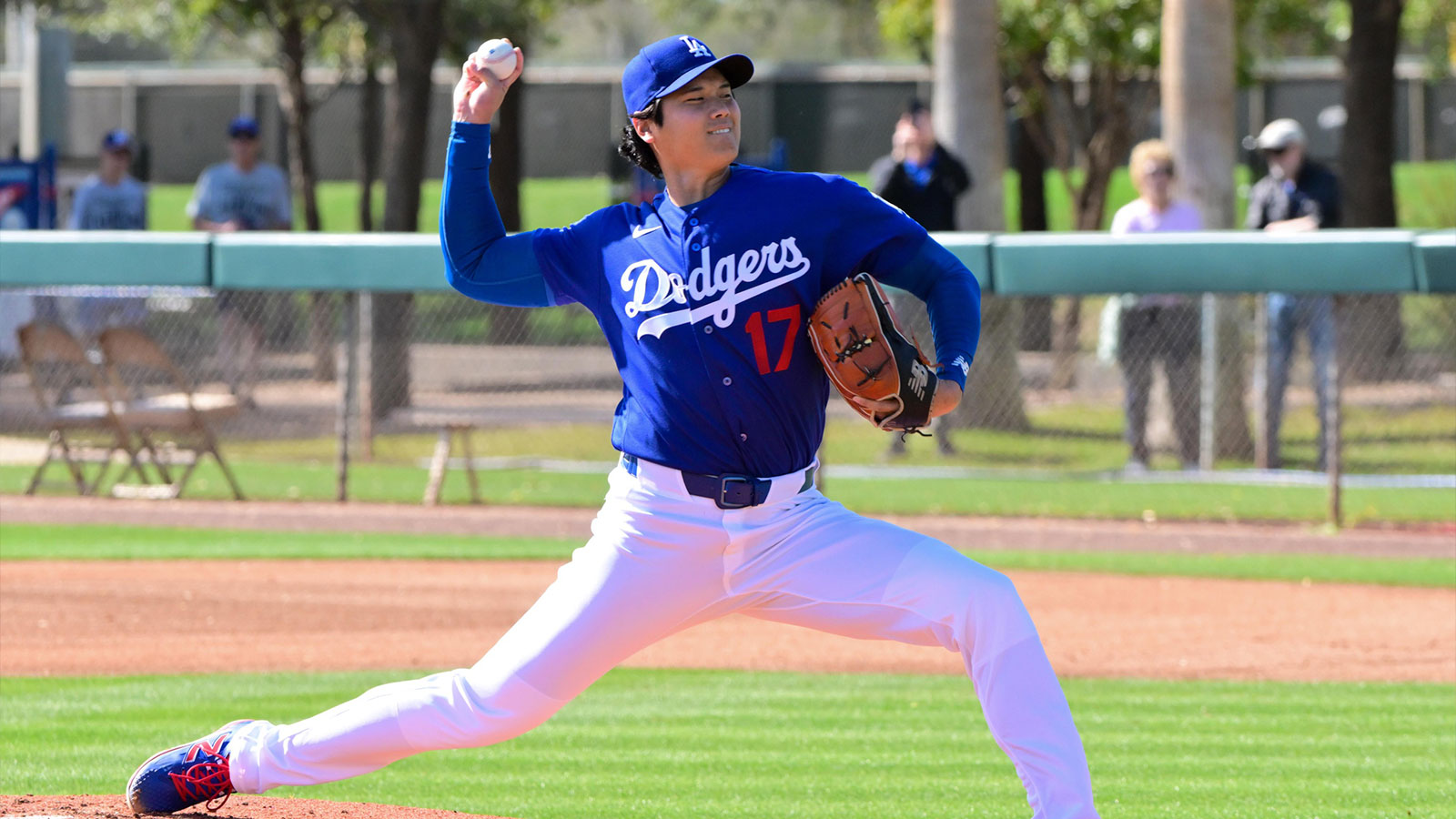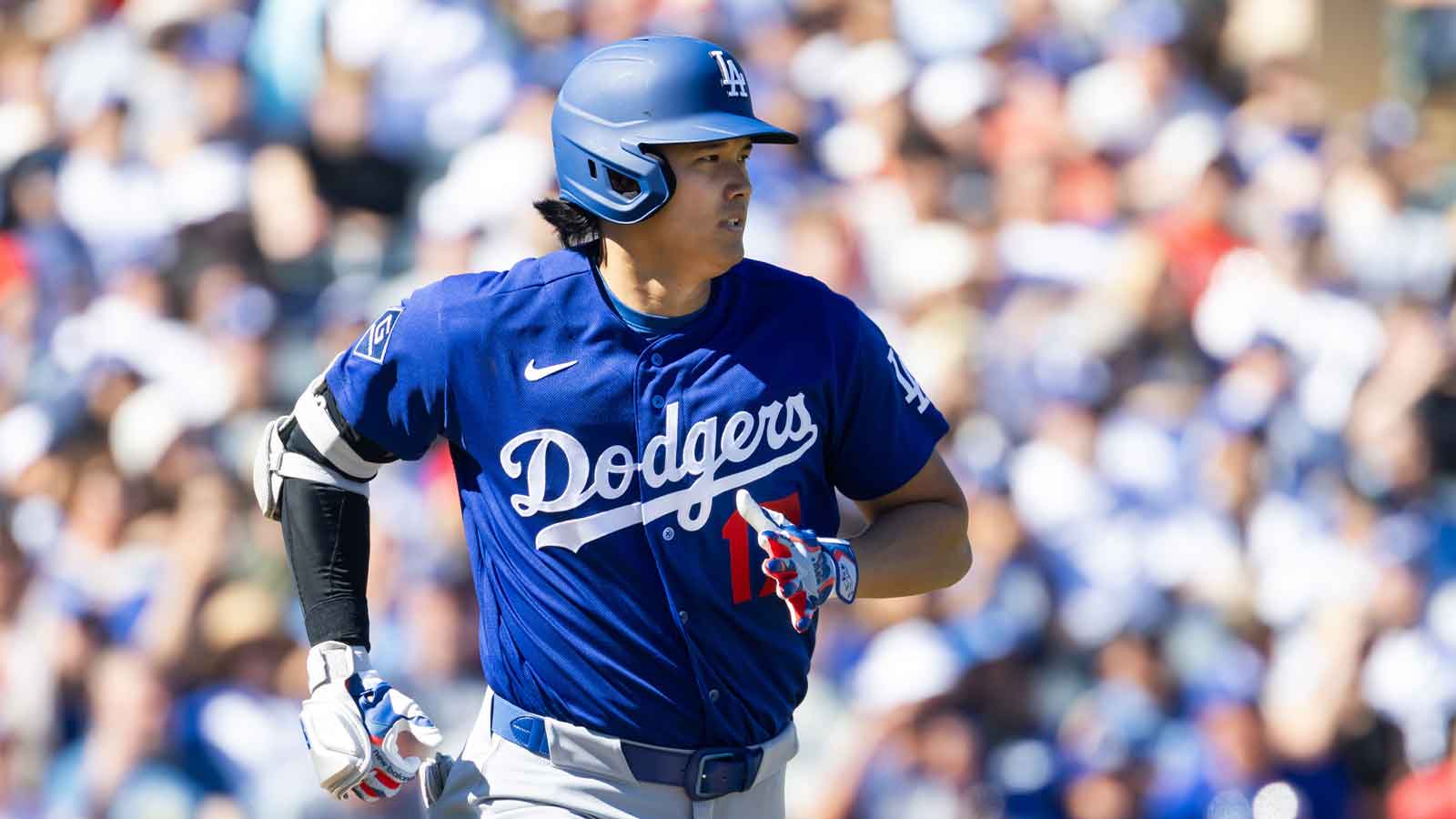Freddie Freeman, the talented first baseman for the Los Angeles Dodgers, recently achieved a significant milestone in his career by collecting his 2,000th hit. It's an accomplishment worthy of celebration, highlighting his consistency and skill as a hitter throughout his career thus far. However, despite his impressive resume, it's important to recognize that this milestone alone does not guarantee him a place in the esteemed ranks of the National Baseball Hall of Fame. Even though it probably should.
Freddie Freeman's current accolades not enough for HOF
One of the fundamental problems with the Hall of Fame, is the absence of clear statistical criteria for one's induction. While Freeman boasts an impressive list of accolades, including being a former National League MVP, a World Series champion, Gold Glove winner and multi-time Silver Slugger recipient, these achievements do not automatically secure his place among baseball's all-time greats.
Freeman reaching the 2,000-hit mark makes him the 295th player to accomplish this feat and the sixth active player to do so. However, a closer look at the all-time hits leaders in MLB history reveals that there are players in the top-100 who have not been inducted into the Hall of Fame.
At the top of the list of non-inductees is Omar Vizquel, a switch-hitting shortstop renowned for his time with the Cleveland Indians. Vizquel, known primarily for his defensive prowess, amassed an impressive 2,877 hits, ranking as the 44th best in MLB history—two places above Babe Ruth's 2,873 hits.
There are 22 more players within the top-100 who have not been enshrined in the Hall of Fame similar to Vizquel, including notable names such as Todd Helton (2,519), Gary Sheffield (2,689), Carlos Beltrán (2,725), and Johnny Damon (2,769). Additionally, there are the higher-ranking players on the list, like Barry Bonds, Alex Rodriguez, and the all-time hits leader, Pete Rose, who face their obvious exclusions.
While it is evident that each of these players had their flaws, whether on or off the field, the question remains: What ultimately excluded them from the annals of history? The exclusions become even more perplexing when considering the baseball writers' undefined qualifications, which lie at the heart of the problem.
What are the qualifications for the Hall of Fame?
The lack of defined standards for induction has plagued the Hall of Fame throughout its history. Controversies and debates have arisen over the years, often fueled by the subjective opinions of the writers who hold the power to determine which players receive their coveted vote. The unpredictability of the voting process creates uncertainty for players like Freeman, whose qualifications may fall just shy of consideration when it is all said and done.
However, it would be unfair to say that Freeman is undeserving of Hall of Fame consideration. His consistent performance and contribution to the game make him a strong candidate. Moreover, his reputation as a class act citizen and role model for his peers sets him apart as a prominent representative of the league's standards for professionalism and sportsmanship.
Needless to say, if by the time Freeman is eligible for induction that the writers are looking for something beyond the numbers, then his all-time genuineness and character have to be at the top for consideration, where is nearly unmatched in that category.
Continue being Freddie Freeman
But if it is greater numbers the writers seek — and again, who really knows at this point — then to secure his place in the Hall of Fame, Freeman will need to maintain his exceptional level of play in the coming years. The clock is starting to tick, though. The former MVP is now 33-years-old, so reaching the elusive 3,000-hit mark could be a challenge.
It took Freeman 1,801 games to accumulate 2,000 hits, however, his skill as a hitter and his consistent performances throughout his career suggest that he has the potential to achieve 3,000. It also bodes well that, even though Freeman is an exceptional first baseman, having the designated hitter in the National League now will be a huge benefit to the longevity of his career, giving him a chance to reach that goal.
It's not as if Freeman is slowing down. Close to this point last season, at 70 games in 315 plate appearances, Freeman had 83 hits. This season, at 70 games in 324 plate appearances, he has 91 hits, with a total of 97 for the season. The difference comes from the 2022 season starting a week late, where games were missed due to the lockout.
Speaking of games missed, the amount of games that Freeman will have had the opportunity to play in during his career is worth considering. Missing a week last season could have been another 10 hits or more. Yet, it's not as significant as missing 102 games in 2020 due to the pandemic shortened season. In 2020, Freeman played all 60 games and accounted for 73 hits, eventually winning the National League MVP. How writers will account for the COVID-riddled season towards players in their future considerations will be interesting.
While it remains uncertain whether Freeman will achieve the coveted 3,000-hit milestone, it is clear that his current pace and his contract through 2027 with the Dodgers provide him with a favorable outlook. If he continues to produce at his current level and maintains his productivity well into his late-30s, Freeman's chances of reaching the 3,000 hits and securing his spot in the Hall of Fame would significantly improve.
The one glaring obstacle is clear, however. The absence of clear statistical criteria and the subjective nature of the voting process make the path to induction uncertain for any player, even Freeman. Freeman just needs to keep hitting.

